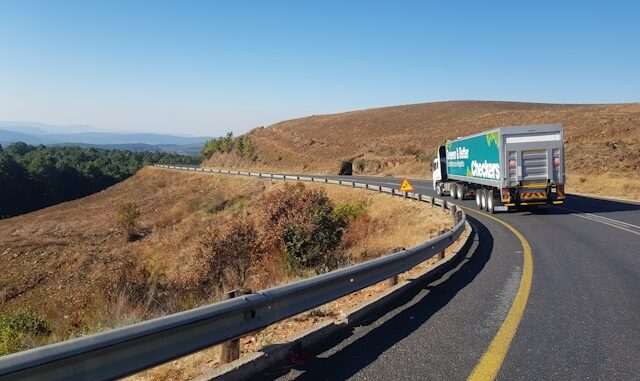
Truck accidents in Ontario can lead to devastating injuries, with victims facing significant financial hardships alongside the physical and emotional trauma. Fortunately, Ontario’s legal framework offers various benefits to assist injured individuals, regardless of who was at fault. This article outlines the different types of support available to help you navigate the aftermath of a truck accident.
1. Statutory Accident Benefits (SABS): No-Fault Coverage
Every auto insurance policy in Ontario includes Statutory Accident Benefits, a no-fault system designed to provide financial assistance after an accident, regardless of who caused it. These benefits can be claimed from your own insurance provider. Here’s what they cover:
- Income Replacement Benefits (IRB): If your injuries prevent you from working, IRB can replace a portion of your lost income.
- Non-Earner Benefits (NEB): If you were unemployed or not working consistently before the accident, NEB may provide financial support for your recovery.
- Attendant Care Benefits (ACB): If your injuries require assistance with daily living activities, such as bathing, dressing, or meal preparation, ACB can help cover the costs of hiring a caregiver.
- Medical and Rehabilitation Benefits: These benefits cover medical expenses not covered by OHIP, including physiotherapy, prescription medications, assistive devices, and home modifications.
2. Catastrophic Impairment Designation
If your injuries are severe and meet specific criteria, you may be designated as catastrophically impaired. This designation opens up access to enhanced benefits, including increased medical and rehabilitation coverage, attendant care, and potentially additional compensation through a lawsuit.
3. Common Injuries in Truck Accidents
Due to the immense size and weight of transport trucks, accidents can lead to a wide range of injuries, such as:
- Traumatic brain injuries (TBIs)
- Spinal cord injuries
- Fractures
- Internal organ damage
- Burns
- Psychological trauma
4. What to Do After a Truck Accident
- Prioritize Safety: Ensure your safety and the safety of others involved. Move to a safe location if possible.
- Seek Medical Attention: Even if your injuries seem minor, get a medical assessment. Some injuries may not be immediately apparent.
- Report the Accident: Notify the police and your insurance company about the accident as soon as possible.
- Gather Information: If possible, collect information at the scene, such as contact details of witnesses and the truck driver, photos of the accident scene, and any relevant documents.
- Contact a Lawyer: Consult with a personal injury lawyer specializing in truck accidents. They can guide you through the claims process, advocate for your rights, and help you maximize your benefits and compensation.
5. Lawsuits: Seeking Additional Compensation
In addition to Accident Benefits, you may be able to pursue a lawsuit against the at-fault party to seek further compensation for pain and suffering, loss of enjoyment of life, future care costs, and other damages.
By understanding your options and taking the right steps after a truck accident, you can focus on your recovery and rebuild your life.
